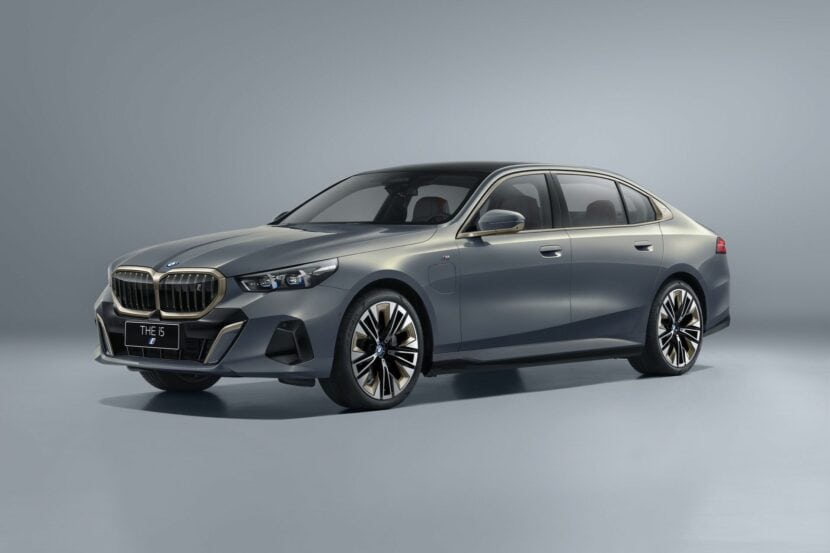Dingolfing is in a festive mood today as BMW is celebrating 50 years of car production in the town located in southern Bavaria. It all started on September 27, 1973 when vehicles started to roll off the assembly line. Half a century later, the German luxury brand has built over 12 million cars, which equates to one car completed every minute. Leading the way was this first-generation 5 Series Sedan, a carburetted 520 finished in Iberian Red.
Nearly two thirds of the cars manufactured there have been 5 Series models, including the eighth generation (G60) that has been in production since the beginning of July. In 2023, BMW builds several other models in Dingolfing, including the 4 Series, 7 Series, 8 Series, iX, and some M cars. All generations of the 6 Series – including the controversial GT – have been built there. Speaking of which, the G32 was retired earlier this year and will not get a direct replacement.
Another model will be added to the assembly line in 2024 when BMW will start production of the next-generation 5 Series Touring (G61). Just like the sedan, the long-roof derivative is going to spawn a fully electric i5. Together with the iX SUV and the i7 sedan, Plant Dingolfing estimates 40% of all cars it will build next year are going to be EVs. In 2024, the factory is projected to make more than 400,000 vehicles.
Lest we forget the M5 Sedan (G90) and M5 Touring (G99) are also planned to hit the market later next year with a plug-in hybrid V8 making over 700 horsepower. The dynamic duo will be built in Dingolfing, too.
The BMW Group’s largest production site in Europe does more than just build cars as BMW also makes pressed parts as well as chassis and drive systems. Needless to say, Neue Klasse-based EVs are going to be built there later this decade. These next-gen EVs will utilize batteries manufactured at the upcoming battery assembly factory in Irlbach-Straßkirchen, a municipality in the Straubing-Bogen in Bavaria.
Source: BMW






































































